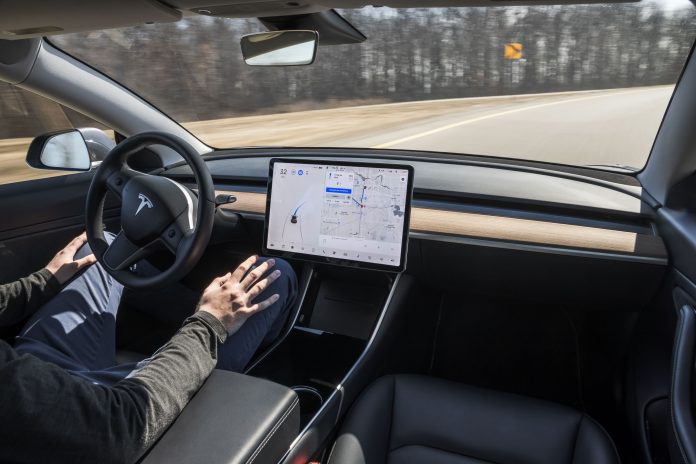The U.S. Insurance Institute for Highway Safety published a report on March 12 that gave Tesla’s Autopilot and Full Self-Driving technology, along with nine other assisted-driving systems used by major manufacturers, “poor” ratings.
The IIHS, the insurance industry’s safety research arm, declared that there is no evidence that Autopilot or other assisted-driving systems improve real-world safety based on crash data.
IIHS President David Harkey stated that automatic emergency braking systems can cut rear-end collisions by 50% and incidents of a vehicle hitting a pedestrian by 30%. However, Tesla and Elon Musk claim that a Tesla running on Autopilot is around five times safer than a Tesla without the technology activated and approximately ten times safer than the average American car.
Federal authorities are investigating around a thousand incidents in which Tesla’s Autopilot was engaged. The most recent test of Tesla’s strategy, which blames crashes on drivers who disregard the EV maker’s cautions to pay attention to the road when Autopilot or Full Self-Driving technology is active, will take place in a civil lawsuit that is set to go to trial in California next week.
The IIHS study evaluated 14 assisted-driving systems from nine automakers using the criteria it created. Advanced driver assistance systems (ADAS), as they are known in the industry, are not subject to official rules enforced by the U.S. National Highway Traffic Safety Administration.
“There are no federal regulations, nor is there good consistent guidance,” said Harkey. “That was our reason for putting these safeguards together.”
Only one of the systems that the IIHS evaluated received a passing mark: the Lexus Teammate with Advanced Drive, which was available on a select few Toyota luxury Lexus LS hybrid automobiles last year.
“Toyota continuously aims to increase vehicle safety,” it stated. As part of that effort, Toyota takes into account performance in third-party testing programs like the IIHS Top Safety Pick program and the NHTSA’s New Car Assessment Program.”
Nissan’s “ProPILOT Assist with Navi-link” and General Motors‘ Super Cruise, which are available on the 2023–2024 Ariya electric vehicle, received “marginal” overall scores.
According to Harkey, automakers can improve safety ratings by implementing current technology for features like attention alerts and driver monitoring that would receive “good” ratings.






